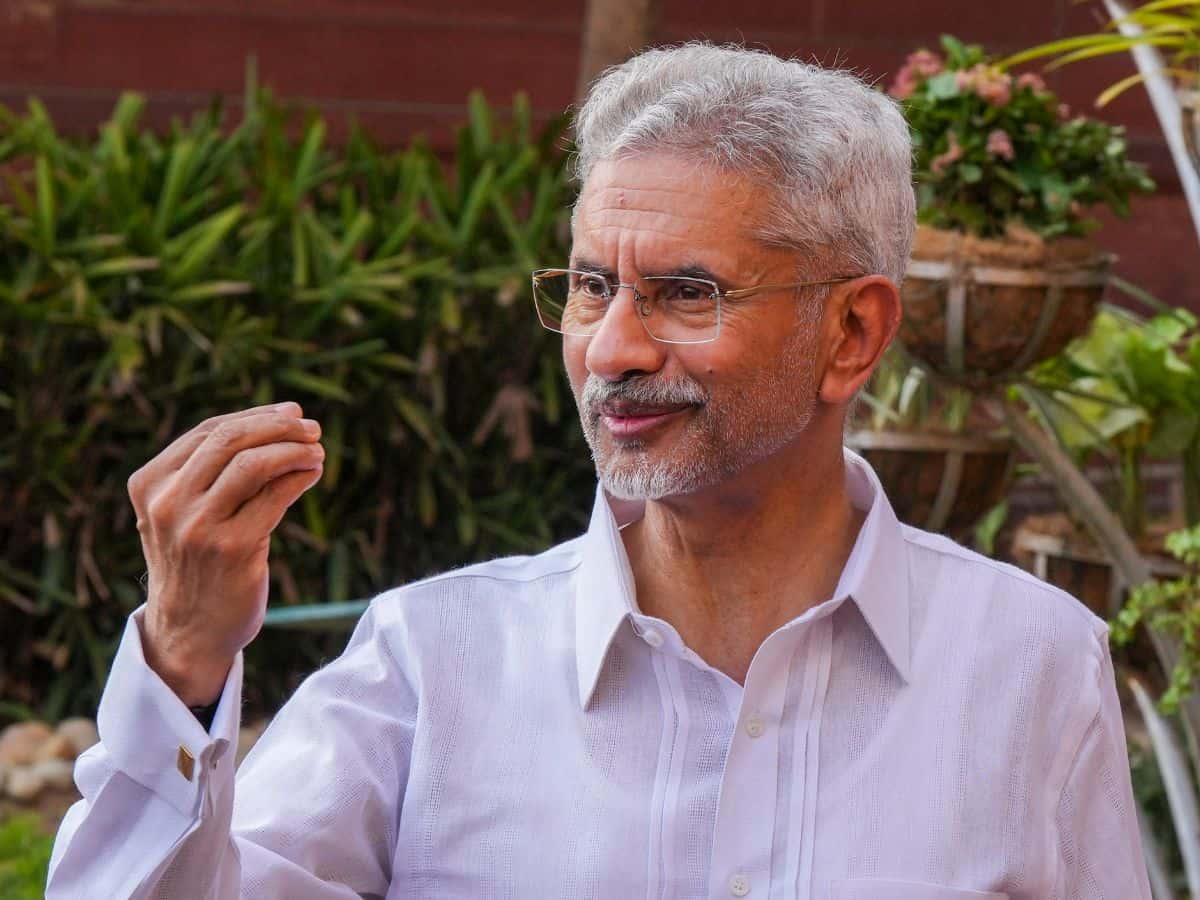
New Delhi: India will focus on resolving the remaining issues along the Line of Actual Control (LAC) with China, External Affairs Minister S Jaishankar said on Tuesday, amid the over four-year border row in eastern Ladakh that significantly strained ties between the two Asian giants.
Shortly after taking charge of the Ministry of External Affairs (MEA) for the second term, Jaishankar, referring to cross-border terrorism emanating from Pakistan, said the efforts will be to address the challenge and that it (support to terrorism) “cannot be the policy of a good neighbour.”
Jaishankar, 69, was among the senior BJP leaders including Rajnath Singh, Amit Shah, Nitin Gadkari and Nirmala Sitharaman who retained the ministries that they handled in the previous government.
He said “Bharat First” (India First) and Vasudhaiva Kutumbakam (the world is one family) will be the two guiding axioms of Indian foreign policy of the new government.
“As for Pakistan and China, they are different countries and our relations with them too are different, the problems there are also different,” he told reporters replying to a question on the new government’s approach towards the two countries.
“In the case of China, our focus will the situation on the border — there are still some issues pending and how we can resolve them,” he said.
The Indian and Chinese militaries have been locked in a standoff since May 2020 and a full resolution of the border row has not yet been achieved though the two sides have disengaged from a number of friction points.
On Pakistan, Jaishankar said the main issue for years with that country has been cross-border terrorism. “How do we find a solution to it, (as) that cannot be the policy of a good neighbour.”
Former Pakistan prime minister and Chief of Pakistan Muslim League (PML-N) Nawaz Sharif on Monday said Prime Minister Narendra Modi’s success in Lok Sabha polls reflected the confidence of the people in his leadership and called for replacing “hate with hope” to shape the destiny of people of the two nations.
In his response, Modi said the people of India have always stood for peace, security and progressive ideas and that “advancing the well-being and security of our people shall always remain our priority”.
In his remarks, Jaishankar also outlined the new government’s foreign policy priorities.
“Looking ahead, definitely, I think the two axioms that the prime minister has given us — Bharat First and Vasudhaiva Kutumbakam — will be the two guiding axioms of Indian foreign policy,” he said.
“Together, we are very confident it will position us as ‘Vishwa Bandhu’ (friend of the world) … in a very turbulent world, in a very divided world, a world of conflicts and tensions.”
“It would actually position us as a country which is trusted by many, whose prestige and influence will grow , whose interests will be advanced,” he said.
Highlighting importance of India’s “Neighbourhood First” policy, Jaishankar referred to New Delhi invitation to leaders of the Maldives, Sri Lanka, Bangladesh, Bhutan, Nepal, Seychelles and Mauritius to the swearing-in ceremony of Modi and the Union council of ministers.
“All our neighbours came (to the swearing-in) and the prime minister himself met all of them. I can tell you, they are leaving with a sense that our neighbouring relationships will be the first priority, and will be the overriding priority of the Modi government,” he said.
Jaishankar said he had a very good meeting with Maldivian President Mohamed Muizzu.
“Prime minister also met him, and I had the honour to call on him. So, I would prefer to be guided by what my experience and my conversations are,” he said.
Jaishankar said the external affairs ministry performed “exceptionally well” in the previous government and that it is a great privilege for him to helm the ministry once again.
“It is for me an immense honour and great privilege to be once again given the responsibility of leading the Ministry of External Affairs. In the last term, this ministry actually performed exceptionally well,” he said.
